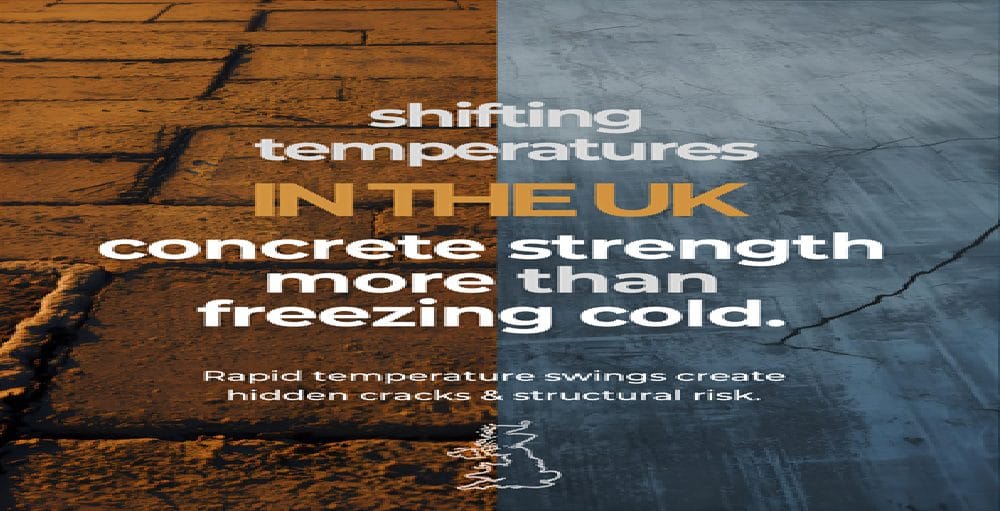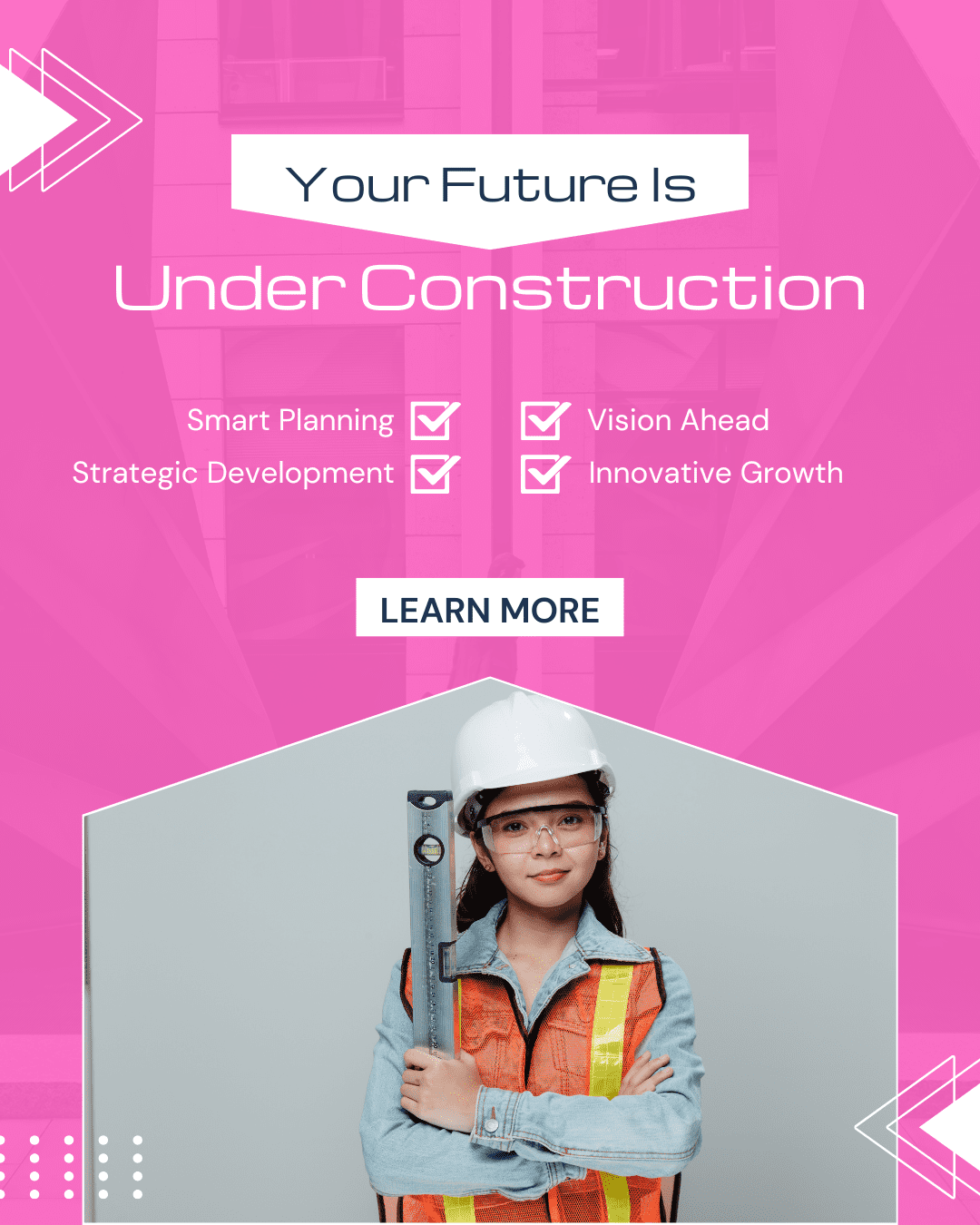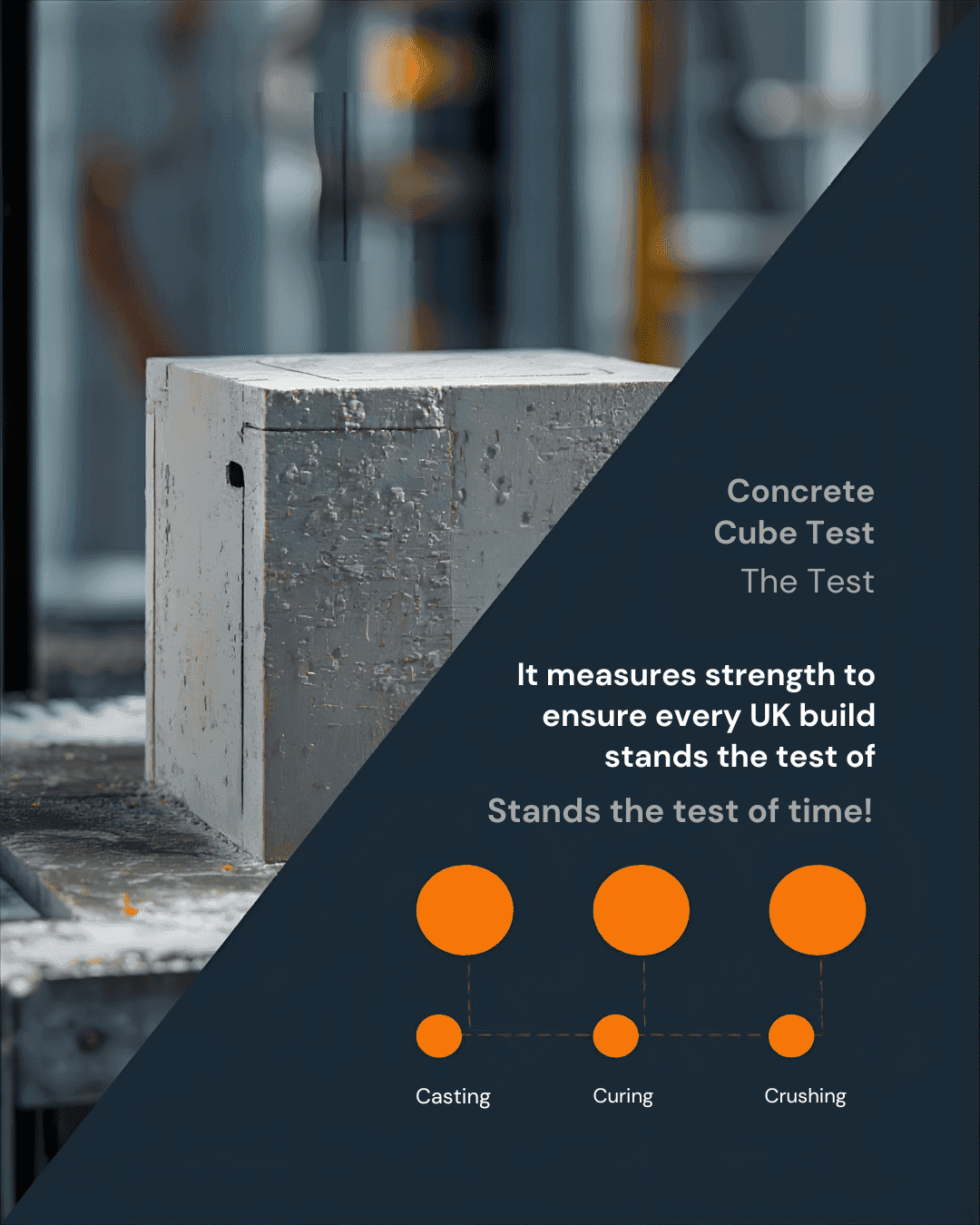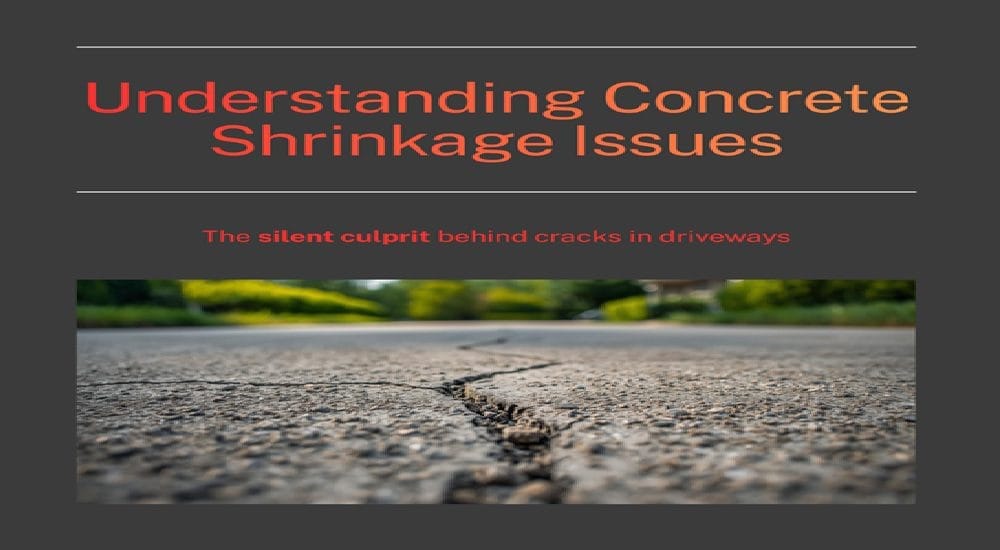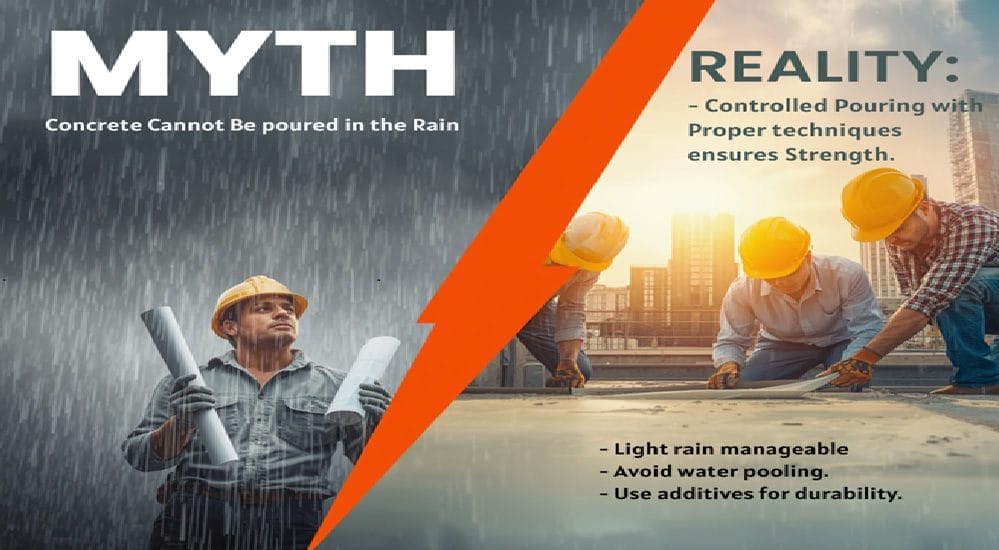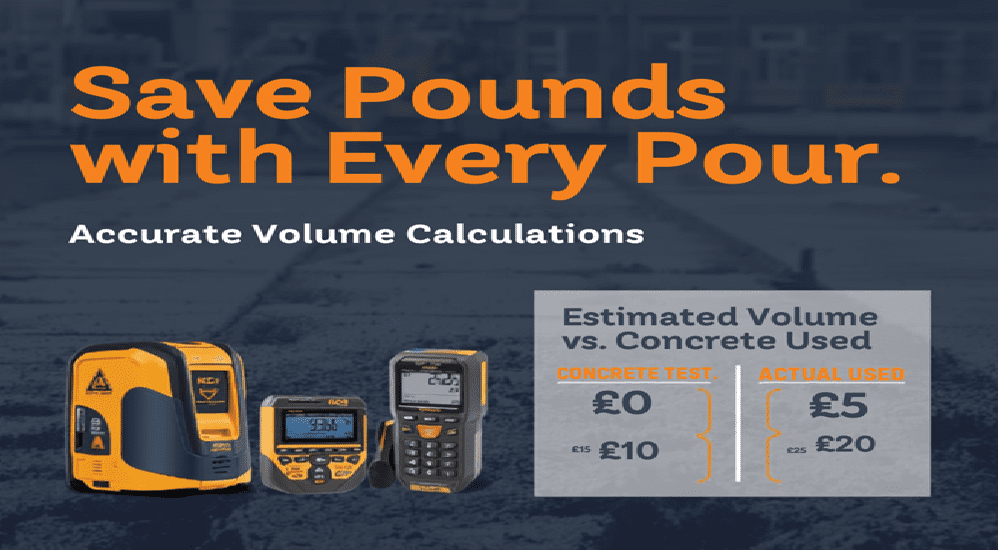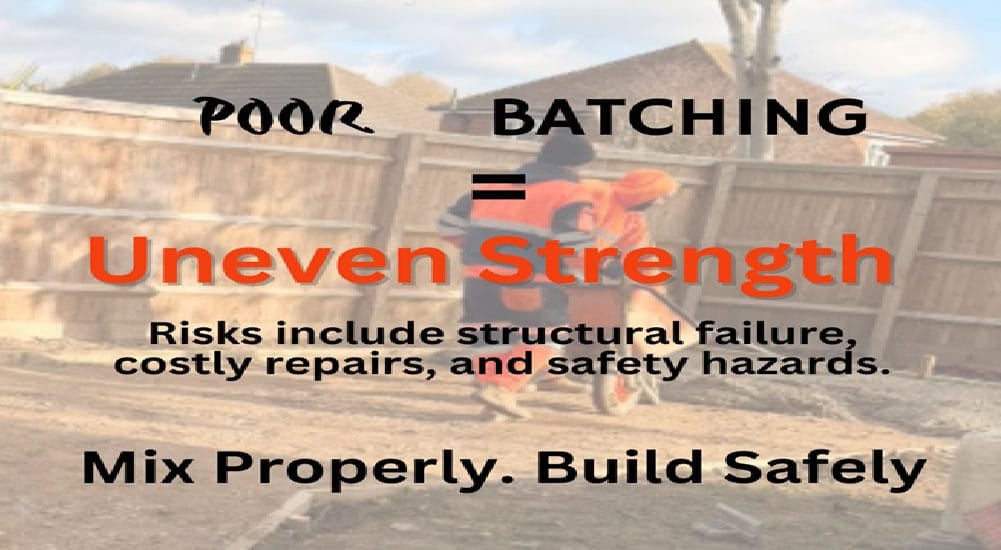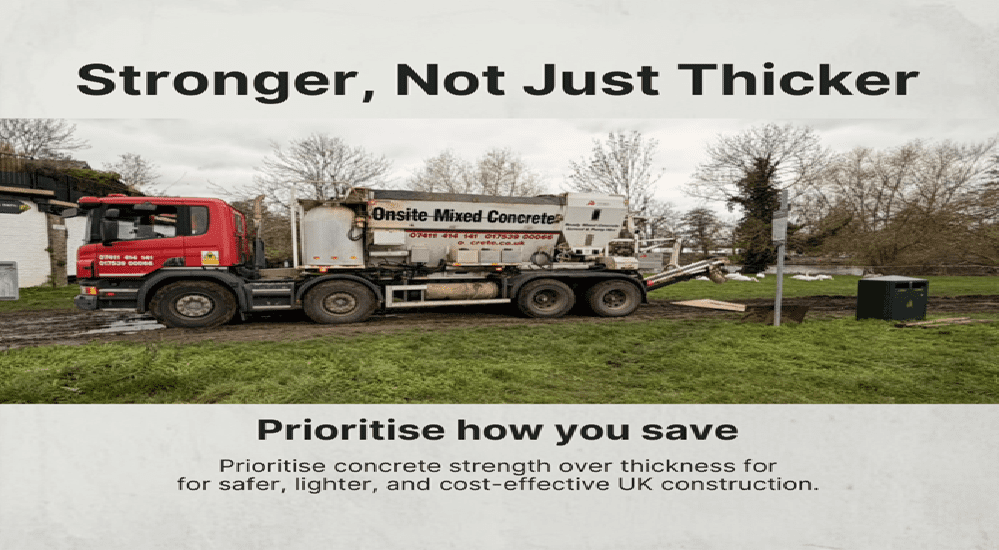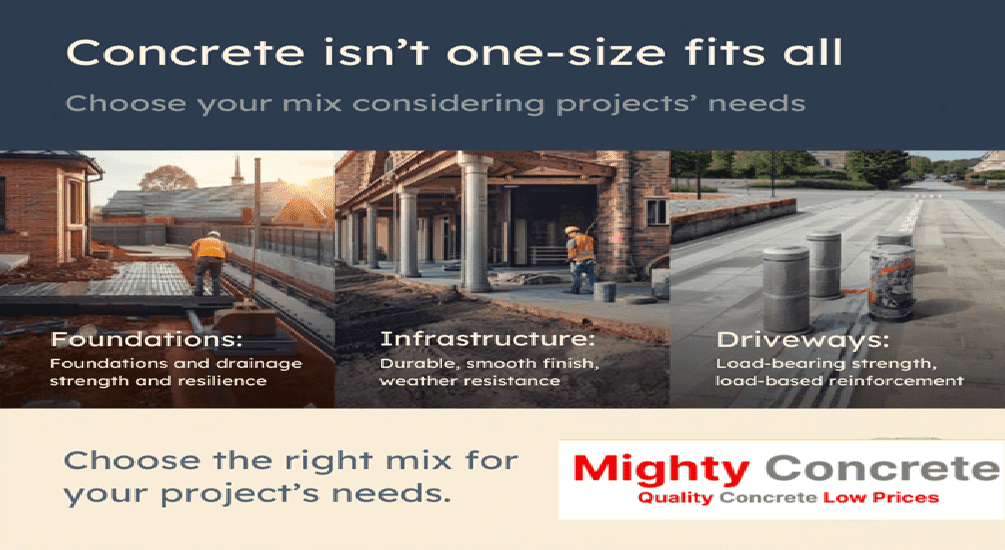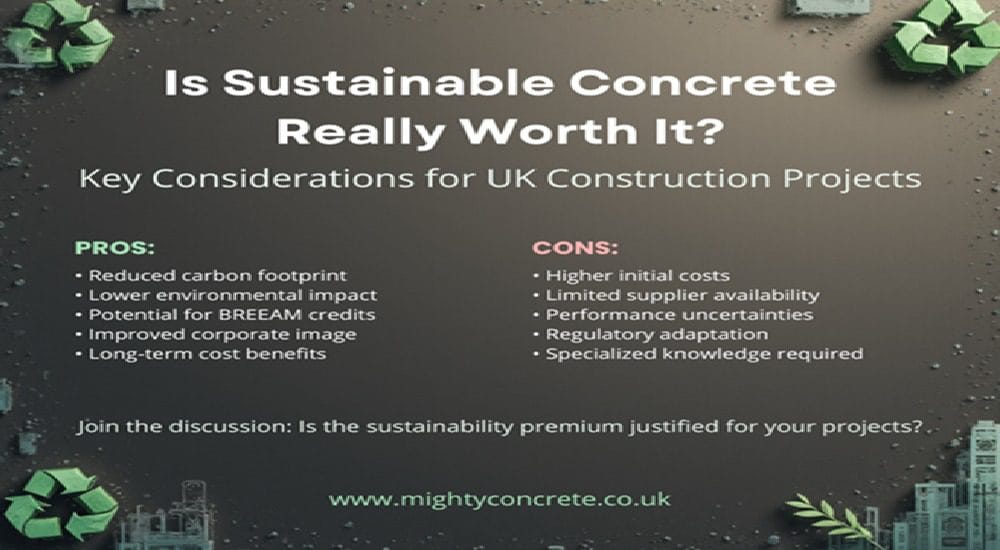Concrete is the backbone of modern construction, but not all concrete is the same. High-performance concrete (HPC) is engineered to offer superior strength, durability, and sustainability. It is designed to withstand extreme conditions, reduce maintenance costs, and improve the lifespan of structures. With advancements in technology, HPC has become a preferred choice for large-scale infrastructure, high-rise buildings, and specialised applications. This article explores the numerous benefits of using HPC in construction and why it is an essential material for modern projects.
Superior Strength
HPC has higher compressive strength than conventional concrete. It can withstand greater loads, making it ideal for bridges, skyscrapers, and highways. The added strength ensures structures last longer with minimal maintenance. It also reduces the need for excessive reinforcement, making it cost-effective.
For example, the Burj Khalifa uses HPC to support its extreme height and withstand wind forces. In addition, high-strength HPC is often used in earthquake-prone areas to enhance structural resilience.
Enhanced Durability
Durability is a key factor in construction. HPC resists environmental stressors like moisture, chemicals, and temperature fluctuations. It prevents cracks and reduces repair costs. Traditional concrete can degrade due to harsh weather and chemical exposure, but HPC offers increased resistance to such challenges.
The Channel Tunnel between the UK and France uses HPC to withstand water pressure and corrosion, ensuring long-term reliability. This durability also makes HPC ideal for bridges and marine structures that are continuously exposed to water and salt.
Improved Workability
HPC has better workability, making it easier to place and compact. It flows more efficiently, reducing labour effort and construction time. Self-compacting HPC, for example, spreads and settles without the need for mechanical vibration, making it highly effective in high-rise buildings and complex structures with congested reinforcement.
For instance, in projects with intricate architectural designs, HPC ensures uniform compaction and eliminates air pockets, resulting in higher structural integrity.
Increased Fire Resistance
HPC can withstand high temperatures, making it ideal for fire-prone areas. Traditional concrete can weaken under extreme heat, but HPC maintains its structural integrity for longer periods. Structures built with fire-resistant HPC experience less damage and require fewer repairs. This quality is essential in tunnels, power plants, and oil refineries, where fire hazards are a major concern.
For example, fire-resistant HPC was used in the construction of the Channel Tunnel to minimise damage in case of fire incidents.
Reduced Permeability
HPC has low permeability, preventing water and harmful chemicals from seeping into structures. This reduces the risk of corrosion in steel reinforcements, which is a common cause of structural failure. Marine structures like offshore platforms, bridges, and dams benefit from this property.
For instance, the Confederation Bridge in Canada, exposed to extreme weather conditions and seawater, was built using HPC to prevent deterioration and ensure long-lasting performance.
Environmental Benefits
HPC reduces the carbon footprint of construction projects. It requires less raw material while providing better performance. The use of supplementary cementitious materials like fly ash, silica fume, and slag further enhances its eco-friendliness. These materials not only improve the properties of HPC but also promote waste recycling. Green buildings increasingly use HPC to meet sustainability standards and achieve energy efficiency.
For example, many LEED-certified buildings incorporate HPC for its durability and reduced environmental impact.
Cost-Effectiveness in the Long Run
Although HPC has a higher initial cost, it reduces overall expenses. Its durability and strength lower maintenance and repair costs, leading to long-term savings. Traditional concrete structures often require frequent repairs, whereas HPC minimises maintenance needs. Bridges and roads built with HPC require fewer renovations, saving money over time.
For example, the Millau Viaduct in France, constructed with HPC, stands as a testament to reduced maintenance costs and extended service life.
Resistance to Harsh Weather Conditions
HPC performs well in extreme climates. It withstands freezing and thawing cycles, reducing the risk of cracks and surface damage. In countries with severe winters, HPC ensures roads and pavements last longer without frequent repairs. High-altitude constructions and cold-climate projects use HPC to prevent structural weakening due to ice formation. Additionally, in hot climates, HPC resists heat-induced expansion, preventing cracking and ensuring stability in high-temperature environments.
Optimised Structural Design
HPC allows for slimmer structural elements without compromising strength. This results in more aesthetically pleasing designs with efficient space utilisation. Architects and engineers use HPC to create innovative structures that are both lightweight and durable. Modern architectural masterpieces often use HPC for sleek and strong structures.
For example, the CCTV Headquarters in Beijing utilises HPC to support its complex geometric design while maintaining stability and load-bearing capacity.
Ideal for Specialised Applications
HPC is useful in specialised projects such as nuclear power plants, high-speed railway tracks, and underwater tunnels. These structures require extreme durability and strength, making HPC the preferred choice. High-performance bridges and offshore wind turbine foundations also benefit from HPC’s superior properties.
For instance, the ÖresundBridge connecting Denmark and Sweden was built with HPC to endure strong winds, water exposure, and heavy traffic loads.
Mighty Concrete Services
High-performance concrete offers unmatched benefits in construction. It ensures strength, durability, and sustainability. Projects using HPC have longer lifespans and lower maintenance costs. For the best results, using a reliable supplier is essential. Mighty Concrete provides top-quality HPC solutions, ensuring superior performance for every project. Choose Mighty Concrete for durable and high-quality construction.

